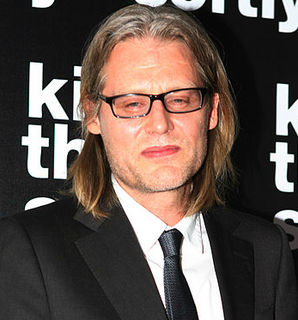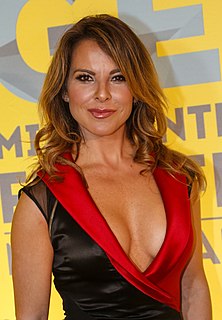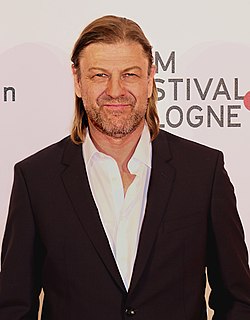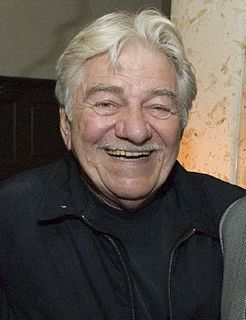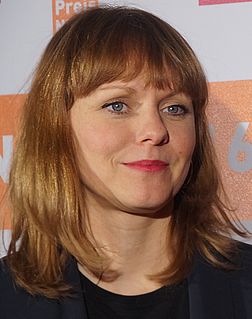A Quote by Andrew Dominik
I always feel that crime films are about capitalism because it is a genre where it is perfectly acceptable for all the characters to be motivated by the desire for money. In some ways, the crime film is the most honest American film because it portrays Americans as I experience a lot of them, in Hollywood, as being very concerned with money.
Related Quotes
I had this whole issue of doing a crime film in the 2010s. The genre's been mined very, very heavily. Post-Scorsese, post-Tarantino, post-Guy Ritchie, what do you do? I wasn't attracted to pulp so much as all of a sudden I had a pulp problem. I had to find a way to make this interesting, because there's a lot of crime films that come out on VOD every week, and a number of these star Nicolas Cage.
Sadly most films only get exposure if they win an award or were in a festival, which is really difficult because those things cost money! Submitting your film to a festival or campaigning for an Oscar or a Golden Globe is very expensive. Most people don't know that, but all those events require a lot of money. If you have a small independent film, it's very hard to get the attention of people in those circles.
The kind of sleep that I had during my own film [Certified Copy] screening in Cannes is different. It's not because of the specificity of the film. It was because of my relationship as an author to this film. Usually when I take my films to festivals, I feel incredibly anxious about them. I wonder how it will be received, how the audience will react. I feel deeply responsible for them. Whereas this time, I didn't have that responsibility on my shoulders.
After my film 'The Tale of Two Sisters,' I received a lot of offers from Hollywood to direct, but because 'A Tale of Two Sisters' was a horror film, I received a lot of horror films. But I wasn't interested in working in the same genre, and the scripts I received for films in different genres were for projects that were near completion.
I gladly, I voluntarily gave up the kind of commercial film career I had going as soon as I had enough money to finance my own films. I didn't make that money necessarily from the film business, but I eventually made a lot of money and that's what I do. Of course, I consider myself unbelievably fortunate, and I'm pretty content with my life.
The best crime stories are always about the crime and its consequences - you know, 'Crime And Punishment' is the classic. Where you have the crime, and its consequences are the story, but considering the crime and the consequences makes you think about the society in which the crime takes place, if you see what I mean.
For me, it was always clear that Toni Erdmann is more a film about what globalization, capitalism, does with private relationships much more than making a "political" film. It's more interesting to raise questions, because I don't feel in a position to "make a statement" with the film. Toni Erdmann comes from a completely different generation then his daughter, it's the post-war generation, they were very politically engaged. They raised their children with a lot of human worldviews, sent them out in the world believing in a world without borders.
Once I got interested in organized crime, and, specifically, Jewish organized crime, I got very interested in it. I have learned that, like my narrator Hannah, I'm a crime writer in my own peculiar way. Crime with a capital "C" is the subject that I'm stuck with - even Sway is about "crime" in a certain way. The nice thing about crime is that it enables you to deal with some big questioO
